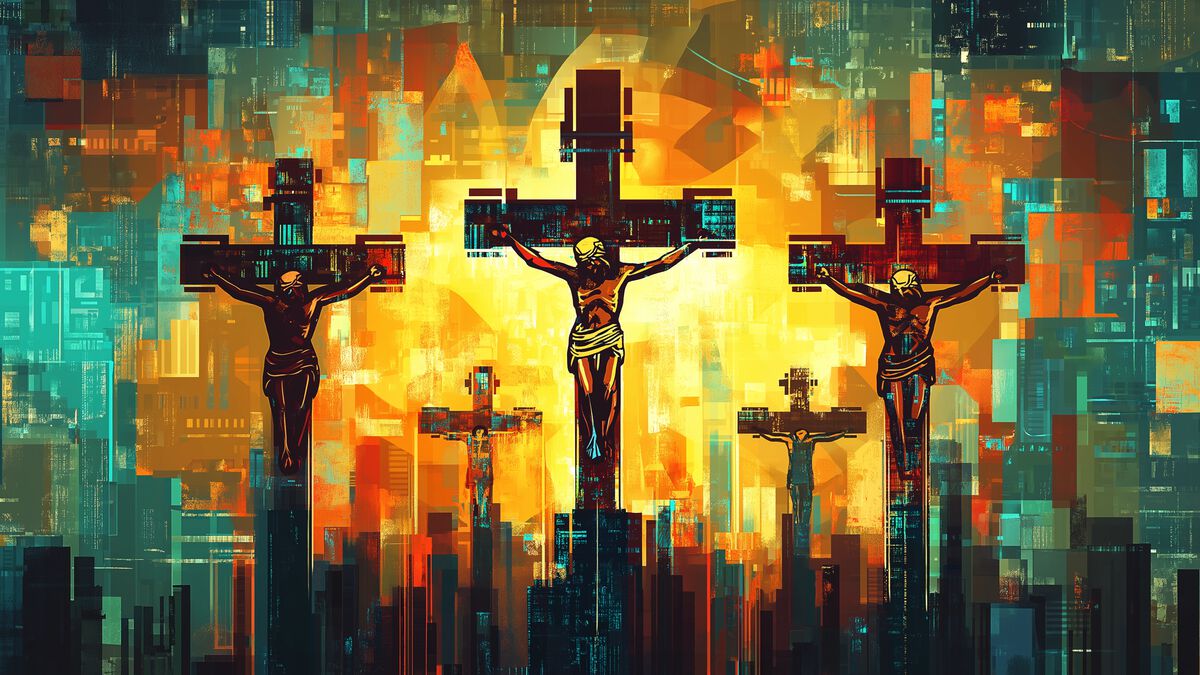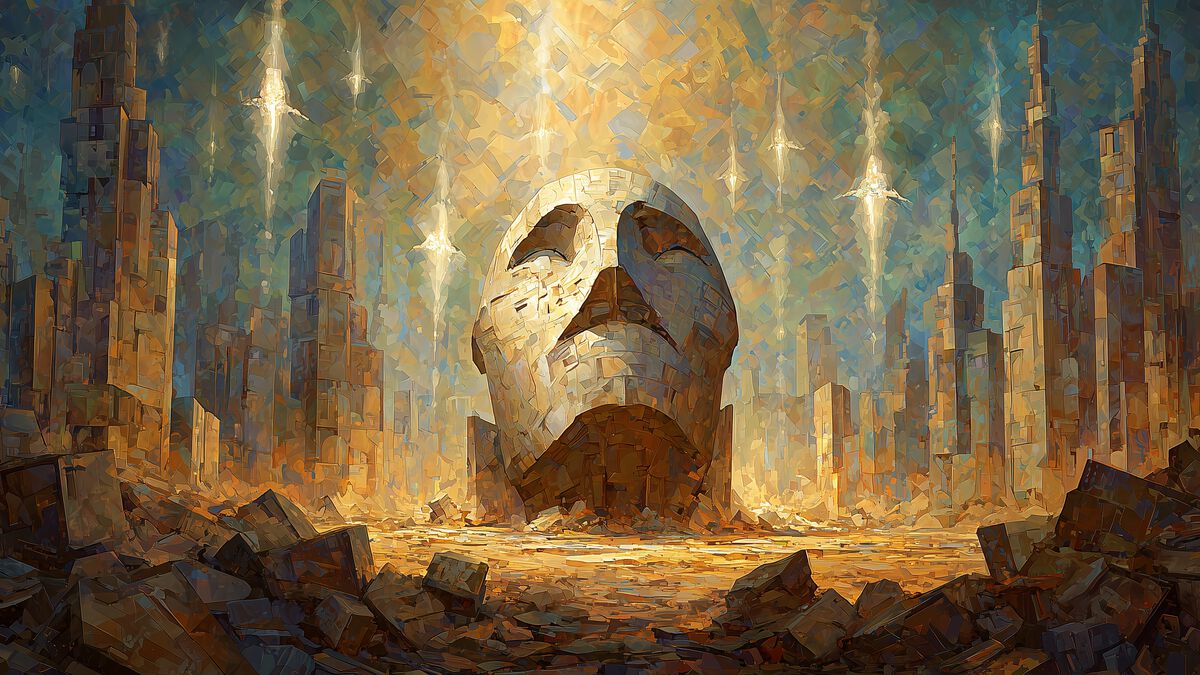Eternal Recurrence of Our Children
Lincoln Cannon
8 August 2007 (updated 3 January 2026)
Adam Greenwood at Times and Seasons speculates regarding Millennial children. He wonders whether we might have future opportunities to raise new children or experience again the raising of our current children.
Among Mormon Transhumanists, we see parallels between the Millennium and the Technological Singularity. The Singularity is a hypothetical period of rapid change in human technology, predicted to result from continuation of a well-established historical trend of exponential technological advance. The Singularity is understood to be associated with great risks to mitigate and opportunities to pursue, such as apocalyptic wars and indefinite life spans.
It seems reasonable to suppose that, assuming we survive the risks of the Singularity, we will have opportunities to raise new children during that period of time. However, it’s difficult to say what the nature of conception or education will be for these children. It’s even difficult to say what the nature of these children’s bodies will be. That’s why the term “Singularity” has been borrowed to describe this period of time.
Beyond that, it also seems reasonable to suppose that, assuming we do not hit a ceiling for computing power too soon (or ever), we may one day have the opportunity to experience again the raising of our current children. One of the things our future civilization might do with its computing power is run highly detailed simulations of our own world. If these simulations are detailed enough, conscious persons like you and I might even enter the simulations and experience them first hand, perhaps even reliving our own history. Maybe that’s what we’re doing now?
I understand that may not pass the laugh test for some. But others (some with excellent educational backgrounds in science and logic) take such possibilities quite seriously. If you’ve not read the Simulation Argument, I recommend it to you.
Furthermore, if you are skeptical of our ability to relive the past then you should probably also be skeptical of our ability to resurrect the dead. My faith, for practical reasons, is that such is possible. It seems such possibilities are more likely to be realized, not by accident, if we assume them possible to begin with.
I’ll close with a thought for the philosophers, from The Gay Science by Friedrich Nietzsche:
“What if some day or night a demon were to steal after you into your loneliest loneliness and say to you: ‘This life as you now live it and have lived it, you will have to live once more and innumerable times more; and there will be nothing new in it, but every pain and every joy and every thought and sigh and everything unutterably small or great in your life will have to return to you, all in the same succession and sequence - even this spider and this moonlight between the trees, and even this moment and I myself.’
“‘The eternal hourglass of existence is turned upside down again and again, and you with it, speck of dust!’ Would you not throw yourself down and gnash your teeth and curse the demon who spoke thus? … Or how well disposed would you have to become to yourself and to life to crave nothing more fervently than this ultimate eternal confirmation and seal?”



